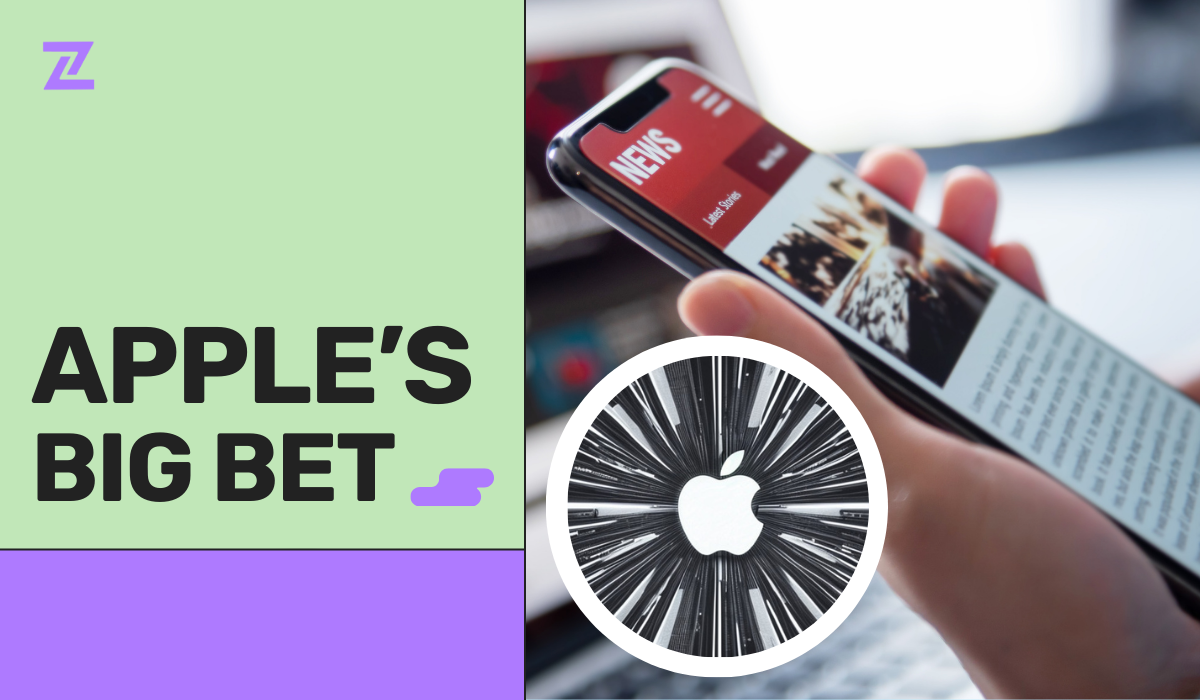
In a surprising move that signals Apple's intent to dive into the competitive realm of artificial intelligence (AI), the tech giant has initiated negotiations with major news and publishing organizations. The objective? Securing multiyear licensing deals, each valued at a minimum of $50 million, for access to the archives of esteemed publishers like Condé Nast, NBC News, and IAC. This bold maneuver is one of Apple's earliest steps in catching up with industry rivals in the fast-paced race to develop generative AI systems. This blog post explores the implications of Apple's foray into the AI landscape, dissecting the advantages the company stands to gain and the potential impact on the broader tech ecosystem.
Generative AI, built on the foundation of neural networks, empowers computers to simulate human-like interactions, creating images and engaging in conversations with a level of sophistication previously unseen. While companies like Microsoft, OpenAI, Google, and Meta have already ventured into this transformative technology, Apple's historic silence on AI innovation has left many wondering about its stance in the rapidly evolving tech landscape.
Traditionally, Apple has been discreet about its AI efforts, with its virtual assistant, Siri, showing limited advancements since its debut over a decade ago. However, the recent negotiations shed light on the company's acknowledgment of the need to catch up and potentially surpass its competitors in the AI arena. Apple's CEO, Tim Cook, has vaguely alluded to ongoing AI-related work within the company, but details have been scarce.
The negotiations with news and publishing organizations represent a strategic move by Apple to secure licenses for archives of news articles. These archives are invaluable for training generative AI systems, which rely on large volumes of diverse data to recognize and replicate patterns. In this case, news archives serve as a treasure trove of information, allowing Apple's AI models to gain a deeper understanding of language, context, and evolving narratives.
Apple's negotiations with news and publishing organizations mark a significant stride in the company's quest to leverage generative AI for future innovations. Despite concerns raised by publishers about the terms and the ambiguity surrounding Apple's approach, the potential advantages are substantial. From accessing diverse datasets to gaining a competitive edge, unlocking monetization opportunities, fostering innovation, and potentially forming strategic partnerships, Apple's foray into generative AI has far-reaching implications. As the negotiations unfold, the tech world watches with anticipation, eager to see how Apple's strategic leap into AI will reshape the landscape and redefine the future of technology.